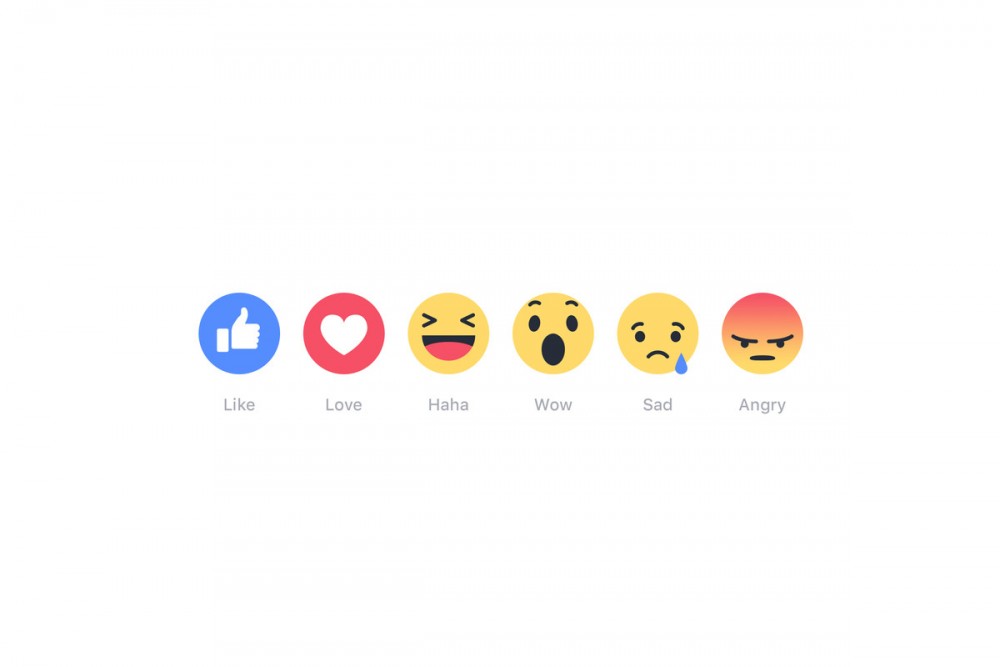Sadfishing: Social media trend threatens young people's mental health, report warns
A social media trend called ‘sadfishing’ is harming the mental health of children and leaving them vulnerable to grooming online, a new report says.
Instagram and Facebook Likes and Snapchat Streaks could be Banned for Young People, under new rules that attempt to protect children's safety on the internet.

Facebook and Instagram face limits on letting under-18s "like" posts on their platforms while Snapchat could be prevented from allowing the age group to build up "streaks", under new rules proposed by the UK's data watchdog.
It believes the tools encourage users to share more personal data and spend more time on apps than desired.
The proposal is part of a 16-rule code. Social media networks could avoid an outright ban on "likes" if they stopped collecting personal data when children engaged with them.
Location tracking
In addition to calling for restrictions on children being exposed to so-called "nudge techniques", the ICO advocates internet firms make the following changes among others for their younger members:
Information Commissioner Elizabeth Denham's office is now seeking feedback as part of a consultation that will run until 31 May. It is envisaged that the rules would come into effect next year.
Bad nudges
Restrictions on Facebook's like button - which registers a user's interest in another user or advertiser's post - and Snapchat streaks - which count the number of consecutive days two members have messaged each other - are not the only nudge behaviours being targeted.
The ICO also says that apps should not:
The ICO's rules follow a proposal from the Department for Digital, Culture, Media and Sport (DCMS) for the creation of an independent tech watchdog that would write its own "code of practice" for online companies.
But whereas the all-powerful regulator is unlikely to be in place for many months or even years, the Information Commissioner's Office expects to get its Children's Code of Practice into law this summer.
That means that Facebook and Instagram - among others - will need to think rapidly about whether their platforms risk breaking the new rules.
The ICO made clear this morning that its problem with "likes" and "streaks" is not the features themselves but how they are used to collect data and target children with advertising. So, if the platforms want to hold on to what they regard as useful elements of the social media experience, they'll have to show they work differently for children than for adults.
The other key demand from the data watchdog is to make the default privacy settings for platforms suitable for everyone including children. That will mean adults having to opt in to the kind of data collection which is a key part of the business model of social media firms - so this code could pose a real threat to their bottom line.
https://www.bbc.co.uk/news/technology-47933521
More Information:
https://www.independent.co.uk/life-style/gadgets-and-tech/news/instagram-facebook-likes-snapchat-streaks-ico-rules-report-uk-a8870696.html
https://www.theguardian.com/technology/2019/apr/15/facebook-urged-to-ditch-like-feature-in-uk-online-child-safety-drive
https://news.sky.com/story/facebook-likes-could-be-turned-off-for-british-children-11694737
https://www.itv.com/news/2019-04-15/facebook-likes-may-get-shut-down-for-british-children-under-safety-plans/